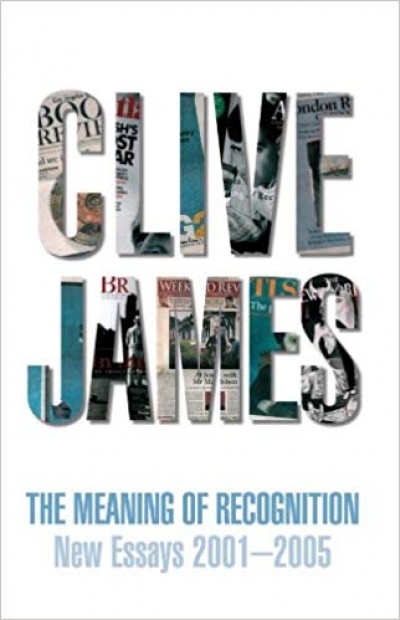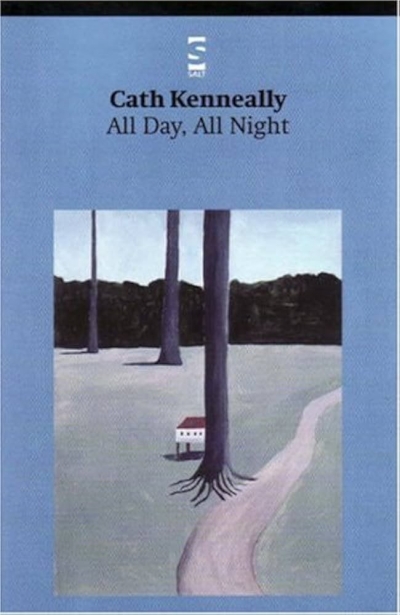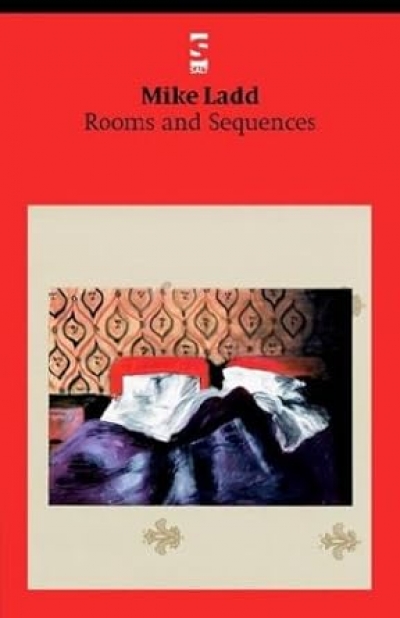Back in the day, I was wary about making a career in science. It wasn’t just the lack of women; it was also a sense of moving into alien territory. After all, I had absorbed feminist critiques suggesting that modern science had been shaped by (male) scientists’ urge to ‘penetrate’ nature by reducing it to its parts – an urge that had blinded them to the power of the whole. And I was all for the whole – for Gaia, the whole Earth, not for atom splitting and nuclear bombs. But it was Rachel Carson’s Silent Spring (1962) that offered the most famous argument against reductionism. Carson pointed out that when scientists developed pesticides to kill specific insects, they didn’t take sufficient account of the knock-on effect on the environment, including the starved or poisoned birds whose absent songs would manifest in increasingly silent springs. Half a century on, we are aware of many examples of the damage reductive thinking can do, especially the burning of fossil fuels to produce electricity, changing the whole climate in the process. In Here Be Monsters, Richard King deftly explores another area of concern, which he calls ‘technoscience’, a mix of science, technology, and neoliberal capitalism that reduces everything to its parts – to genes, bits of information, and individual consumers, losing sight of the whole person and their whole community.
...
(read more)




